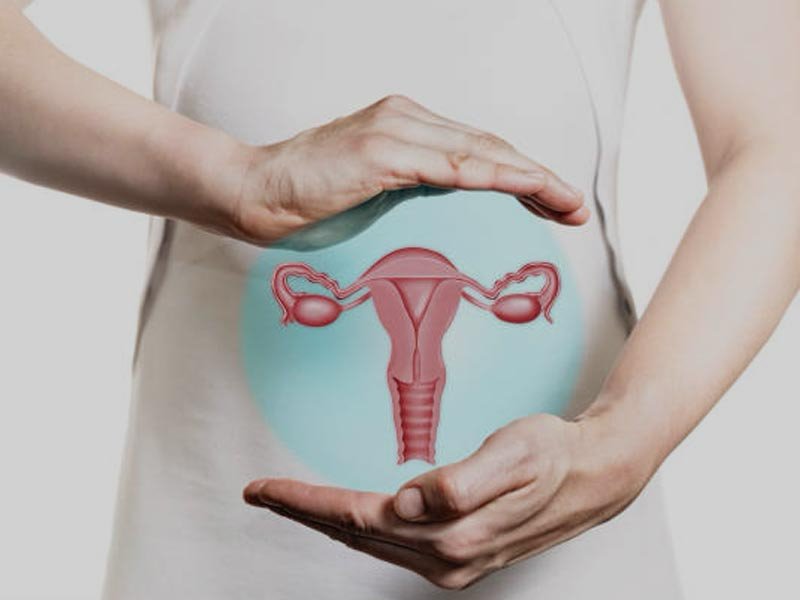Premature ovarian failure (POF), also known as primary ovarian insufficiency, is a condition that affects women under the age of 40 and is characterized by the loss of normal ovarian function. This condition can lead to infertility and a variety of other health issues. Understanding POF is crucial for women experiencing symptoms and for those seeking effective treatment options. In this article, we will explore the symptoms, causes, and available treatments for premature ovarian failure.
What is Premature Ovarian Failure?
Premature ovarian failure occurs when a woman’s ovaries stop functioning properly before the age of 40. This condition can result in decreased estrogen production and disrupted menstrual cycles, leading to various health concerns, including infertility. It is estimated that approximately 1 in 100 women experience POF by age 40, making it a significant health issue that requires awareness and understanding.
Symptoms of Premature Ovarian Failure
The symptoms of premature ovarian failure can vary among individuals but often include:
- Irregular or Absent Menstrual Periods: Women with POF may experience irregular cycles or may stop menstruating altogether.
- Hot Flashes and Night Sweats: Due to decreased estrogen levels, women may experience symptoms similar to those of menopause.
- Vaginal Dryness: Reduced estrogen can lead to dryness, causing discomfort during intercourse.
- Infertility: Difficulty conceiving is one of the most significant challenges for women with POF.
- Emotional Changes: Women may experience mood swings, anxiety, or depression as a result of hormonal changes.
Causes of Premature Ovarian Failure
While the exact cause of POF is often unknown, several factors may contribute to its development:
- Genetic Factors: Certain genetic conditions, such as Turner syndrome or Fragile X syndrome, can lead to POF.
- Autoimmune Disorders: In some cases, the body’s immune system mistakenly attacks the ovarian tissue, leading to failure.
- Environmental Factors: Exposure to certain environmental toxins, such as pesticides or chemotherapy, may impact ovarian function.
- Infections: Viral infections like mumps can affect ovarian health and contribute to POF.
Diagnosis of Premature Ovarian Failure
Diagnosing POF typically involves a combination of medical history review, physical examination, and laboratory tests. Blood tests to check hormone levels, particularly follicle-stimulating hormone (FSH) and estrogen, are crucial in confirming the diagnosis. Elevated FSH levels alongside low estrogen levels indicate ovarian insufficiency.
Treatment Options for Premature Ovarian Failure
While there is currently no cure for POF, several treatment options can help manage symptoms and improve quality of life:
- Hormone Replacement Therapy (HRT): HRT can alleviate symptoms such as hot flashes and vaginal dryness by restoring estrogen levels. This therapy is often recommended to protect bone health and reduce the risk of osteoporosis.
- Fertility Treatments: For women wishing to conceive, assisted reproductive technologies, such as in vitro fertilization (IVF) with donor eggs, may be viable options. Consulting a fertility specialist can help women explore their choices.
- Lifestyle Modifications: Maintaining a healthy lifestyle, including a balanced diet and regular exercise, can improve overall well-being and may mitigate some symptoms associated with POF.
- Emotional Support: Women experiencing POF may benefit from counseling or support groups to cope with emotional challenges and infertility concerns.
Conclusion
Premature ovarian failure is a complex condition that significantly impacts women’s health and fertility. Understanding the symptoms, causes, and treatment options is essential for women facing this challenge. If you suspect you may be experiencing signs of POF, consult a healthcare professional for evaluation and guidance. With the right support and treatment, women can manage the effects of premature ovarian failure and maintain a fulfilling life.
Scientific Sources:
- The American College of Obstetricians and Gynecologists (ACOG): Premature Ovarian Failure
- Mayo Clinic: Primary Ovarian Insufficiency
- National Institute of Child Health and Human Development: Premature Ovarian Failure
- American Society for Reproductive Medicine: Premature Ovarian Failure
- World Health Organization: Reproductive Health
- Endocrine Society: Premature Ovarian Insufficiency




